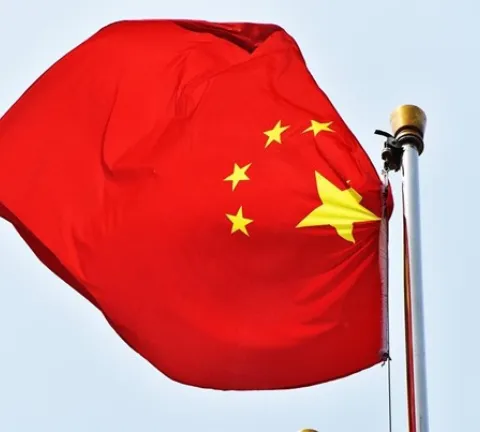Les autorités chinoises semblent soutenir indirectement Wahaha dans la mesure où une commission chinoise a annulé la semaine dernière un transfert de marque au profit de Danone, faisant perdre à la firme française le bénéfice de l'exploitation de marques de boissons les mieux vendues en Chine.
Le conflit entre Wahaha et Danone s'inscrit dans un contexte où les éléments nationalistes du Parti Communiste Chinois ont décidé de verrouiller l'accès de leur marché intérieur afin de limiter la prise de contrôle de secteurs considérés comme stratégiques par des capitaux étrangers. L'industrie agroalimentaire en fait partie, étant donné l'importance capitale de l'alimentation pour un peuple de 1 milliard 400 millions d'individus.
Danone n'est d'ailleurs pas la seule entreprise occidentale à subir des pressions de ce type sur le marché chinois. Les dirigeants libéraux ont abordé la Chine comme une cible majeure pour écouler leurs produits sans prendre en compte les restrictions inévitables que le Parti Communiste Chinois apporterait à leurs ambitions commerciales.
A propos d'Evian, extrait du site www.chinacsr.com:
According to the website of General Administration of Quality Supervision, Inspection and Quarantine, eleven batches of French-made Evina mineral water imported at the Shangai port contained excessive bacteria and two batches of the water imported at the Shenzhen port also had the problem. According to local media reports, the 21.1 tons of Evian mineral water imported at the Shanghai port with the serial code of 2007-8-24 contained levels of 17 000 cfu/g of bacteria, which is about 340 times more than the national standard value of 50cfu/g. Evian's public relations company Ogilvy says that unqualified Evian Water is mainly the result of the differences in standards and the company is seeking a solution for the problem with the Chinese government, but no further details were given.
See:
http;//www.chinacsr.com/2007/12/11/1951-aqsiq-evian-mineral-water
-contains-excessive-bacteria-in-China/



